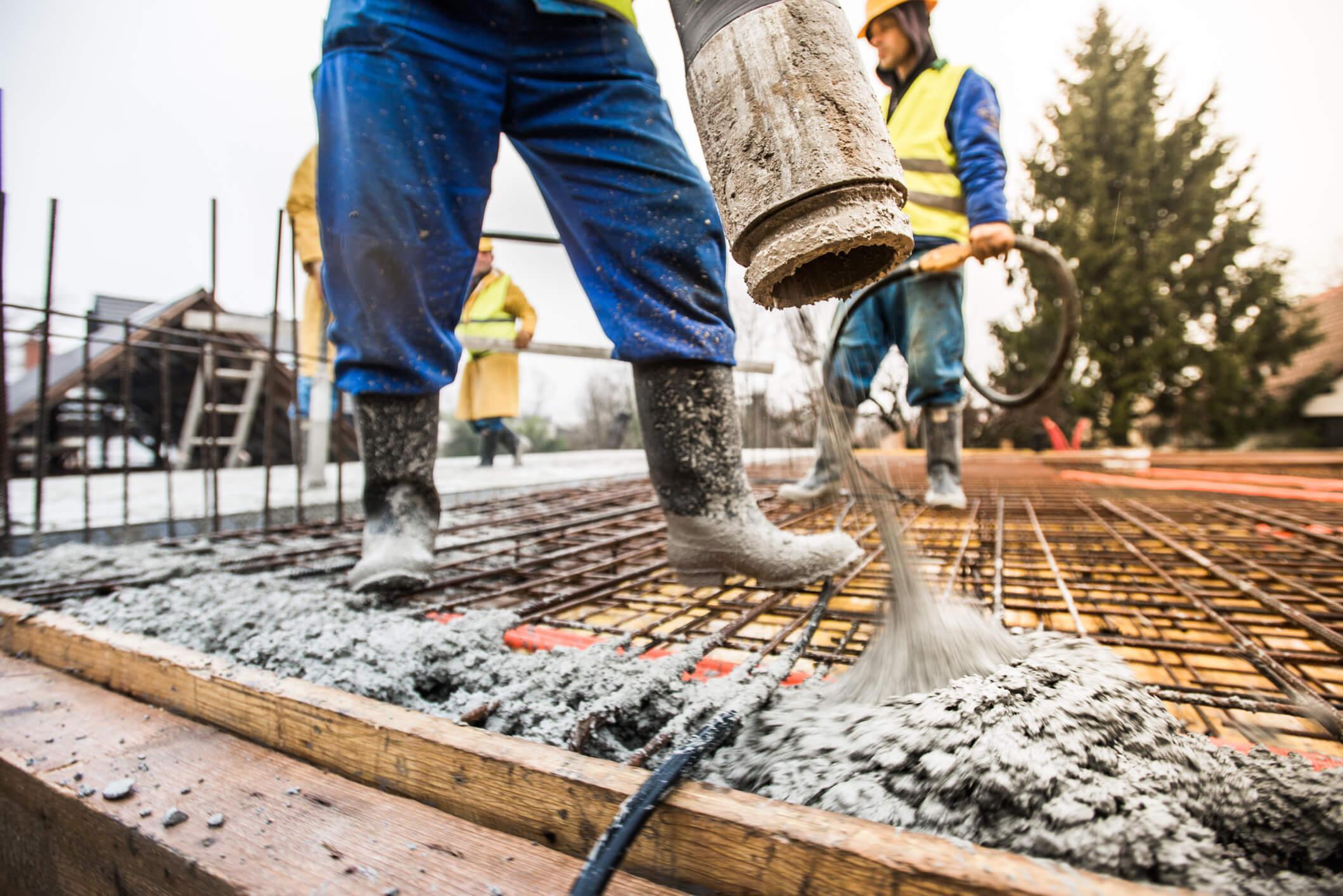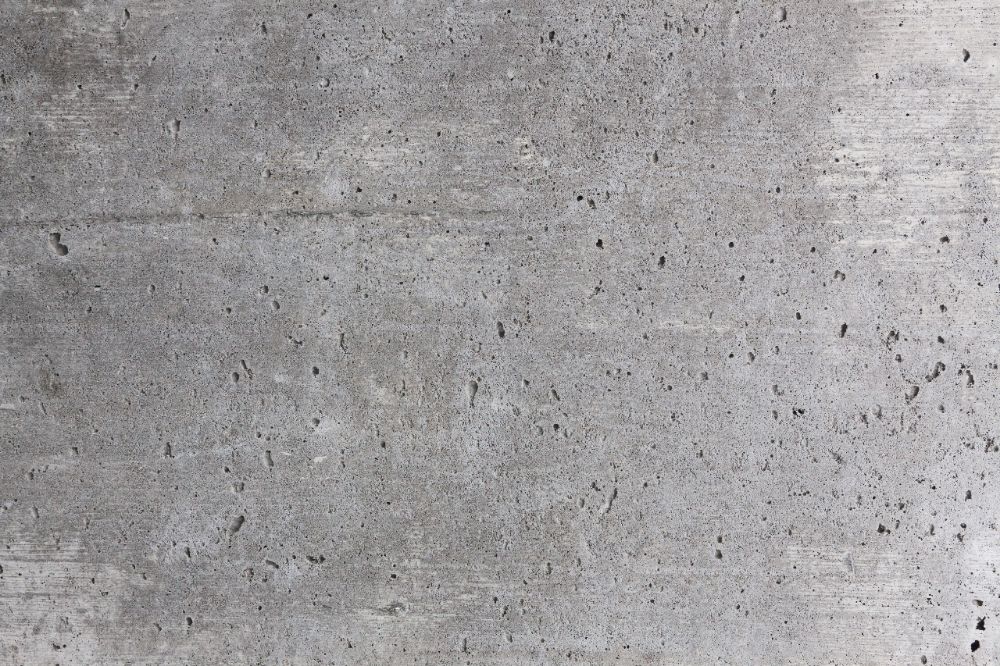Affordable Concrete Solutions: Quality Craftsmanship at Competitive Costs
Wiki Article
Revealing the Eco-Friendly Advantages of Making Use Of Recycled Concrete in Sustainable Building And Construction Practices
In the world of sustainable building and construction methods, the utilization of recycled concrete stands as a crucial yet commonly underestimated source. Beyond its standard applications, recycled concrete offers a myriad of environmentally friendly benefits that extend much beyond the confines of conventional construction products. From reducing environmental influence to enhancing cost-efficiency, the implications of integrating recycled concrete in sustainable building practices are significant. This versatile product not only addresses pressing environmental issues however likewise provides a viable remedy to the obstacles dealt with by the building industry at large.Environmental Advantages
By integrating recycled concrete into building techniques, there is a considerable decrease in the requirement for brand-new raw materials, leading to preservation of natural sources. In addition, the use of recycled concrete reduces the amount of waste being sent out to land fills, thereby decreasing ecological contamination and minimizing the stress on land fill capabilities (Concrete).

In contrast, recycled concrete has a lower carbon impact as it decreases the need for brand-new concrete production. Overall, the ecological benefits of utilizing recycled concrete are considerable and play a vital role in advertising eco-friendly building and construction techniques.
Cost-Efficiency
When analyzing the utilization of recycled concrete in building tasks,Accomplishing cost-efficiency is an extremely important factor to consider. One of the crucial benefits of utilizing recycled concrete is its cost-effectiveness contrasted to typical concrete. The manufacturing of recycled concrete entails less energy and sources as it makes use of existing products, lowering the overall job prices significantly. Furthermore, the schedule of recycled concrete locally can additionally lower transport expenditures, making it a more cost-effective option for building jobs.Additionally, the usage of recycled concrete can lead to savings in garbage dump prices by diverting concrete waste from disposal websites. This not just reduces the environmental influence yet also eliminates the costs connected with waste elimination. Additionally, the toughness and efficiency of recycled concrete approach traditional concrete, making certain that cost savings do not compromise the top quality of the building and construction.
Toughness and Stamina
Recycled concrete offers similar, if not exceptional, toughness and strength residential or commercial try this web-site properties to standard concrete - Concrete. Through developments in processing strategies and top quality control, recycled concrete can fulfill or exceed the efficiency standards of traditional concrete.
Waste Decrease
When it comes to making use of recycled concrete, waste reduction is a key advantage that adds dramatically to environmental preservation. By integrating recycled concrete into building and construction tasks, this waste is repurposed and drawn away from land fills, reducing the total ecological effect of building activities.Recycled concrete not only helps in minimizing the quantity of waste that winds up in landfills but additionally preserves natural resources by reducing the need for brand-new aggregate materials. This process of waste reduction advertises a round economic situation within the building and construction market, where products are reused and reused to develop a much more sustainable sector. Additionally, using recycled concrete can lead to set you back savings for construction tasks, as it is typically much more budget friendly than sourcing and moving new products. Finally, waste reduction with the usage of recycled concrete is an essential element of lasting construction practices that benefits both the environment and the building sector overall.
Energy Conservation
When it comes to using recycled concrete in building and construction, considerable power cost savings are achieved contrasted to standard concrete manufacturing. The procedure of creating recycled concrete involves recycling and squashing existing concrete materials, which takes in less power than mining, processing, and carrying raw materials for new concrete manufacturing.Conclusion
Finally, the utilization of recycled concrete in sustainable building practices offers many ecological benefits, cost-efficiency, resilience, toughness, waste decrease, and energy conservation. By incorporating recycled concrete into construction jobs, we can Resources add to a much more sustainable and eco friendly future. It is important for why not try here the construction sector to prioritize the usage of recycled materials to aid reduce the ecological impact of building and construction activities.One of the vital advantages of making use of recycled concrete is its cost-effectiveness compared to conventional concrete.In addition, the usage of recycled concrete can lead to cost savings in garbage dump costs by diverting concrete waste from disposal websites. The sturdiness and efficiency of recycled concrete are similar to conventional concrete, making sure that cost financial savings do not endanger the quality of the building and construction.

Report this wiki page